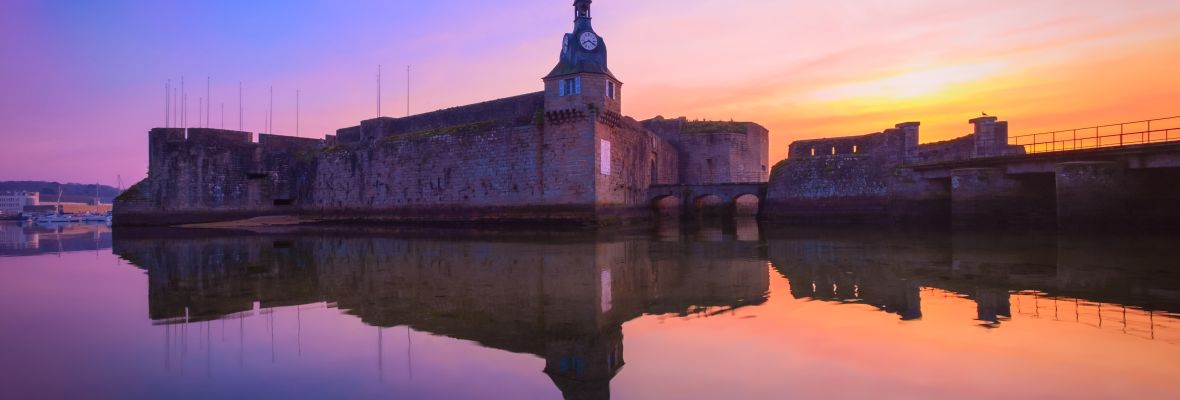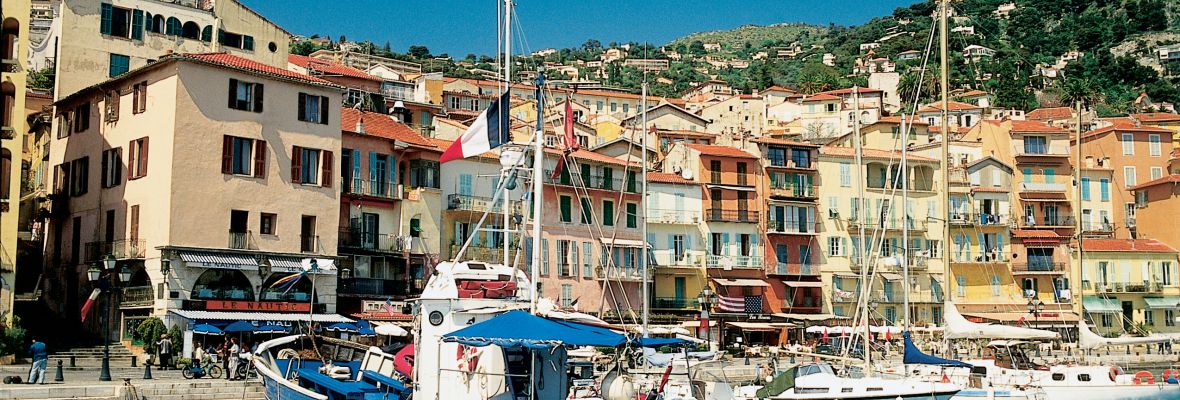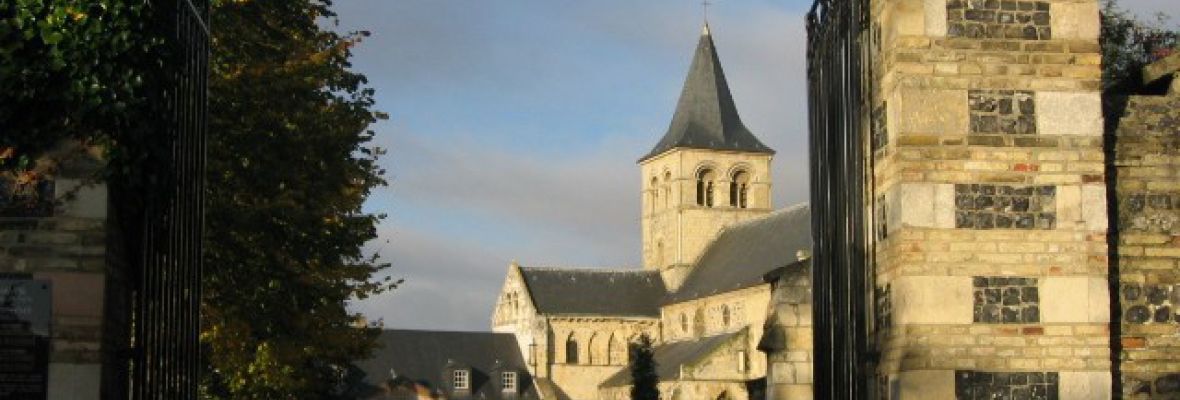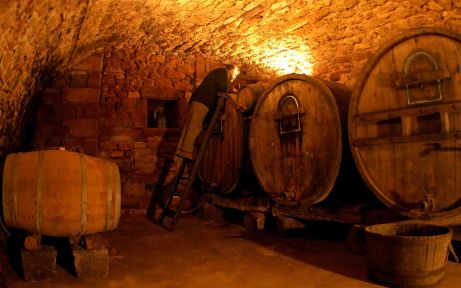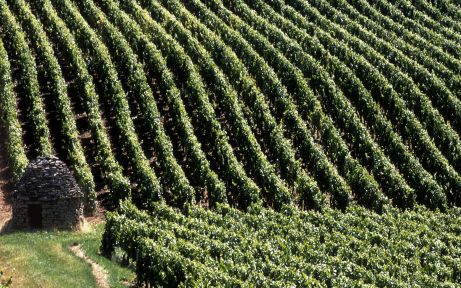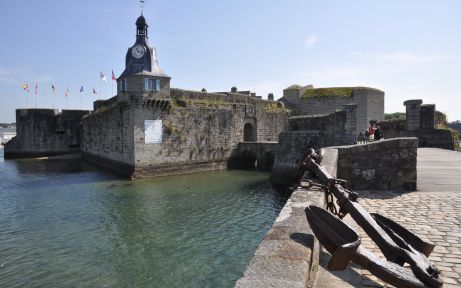We are thrilled to announce the official launch of our new website, Polar Latitudes Expeditions. Discover more in our latest news update, and visit our new website polar-latitudes.com.
Prepare to immerse yourself in Frances beautiful culture, join us on our Expedition cruise and experience travel like never before
Visit France’s countryside, where vineyards stretch for miles, lavender fields bloom, and the French Alps rise in the distance.
France is known for its wine and food, each region offering something unique. From Bordeaux to Burgundy, you’ll find wines that have been crafted for generations.
The secret to French wine lies in the soil, the care of the vines, and centuries of tradition passed down through families. It’s a part of France’s identity.
Area of France
Population of France
Facts about France
- Europe
- France



